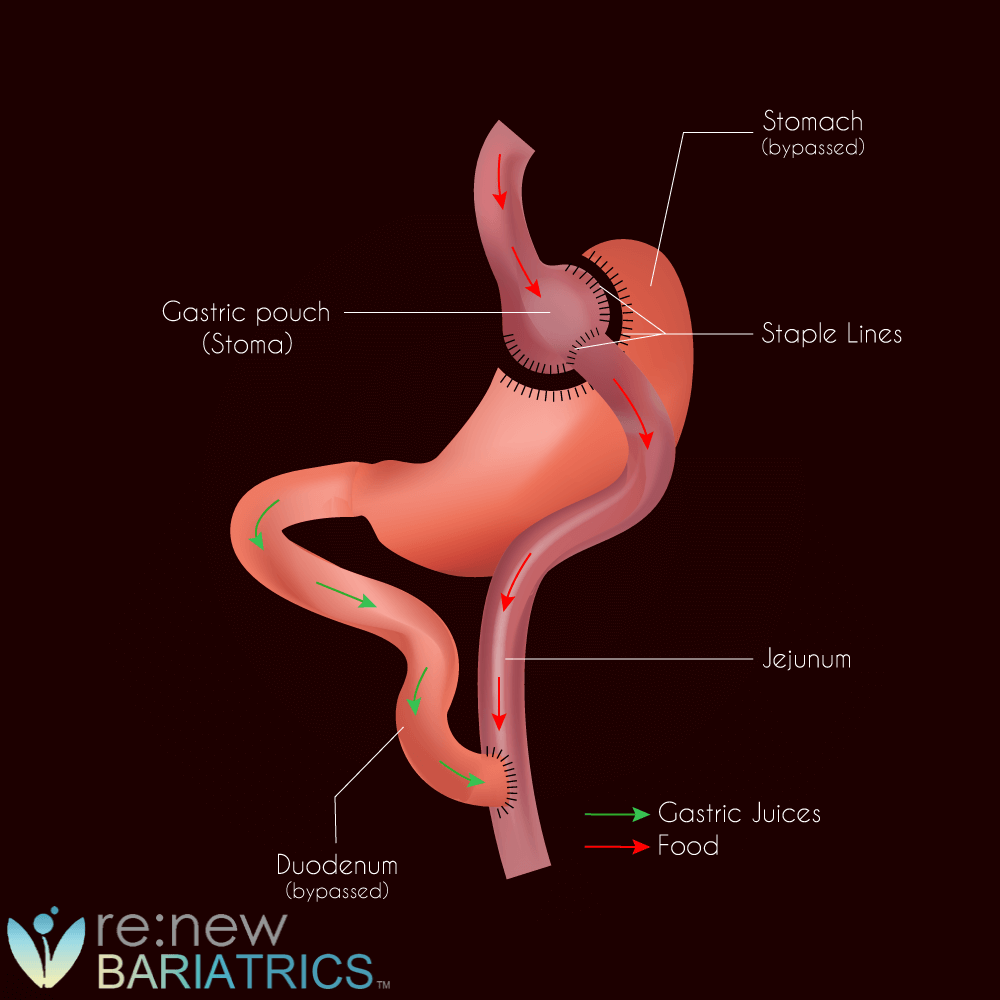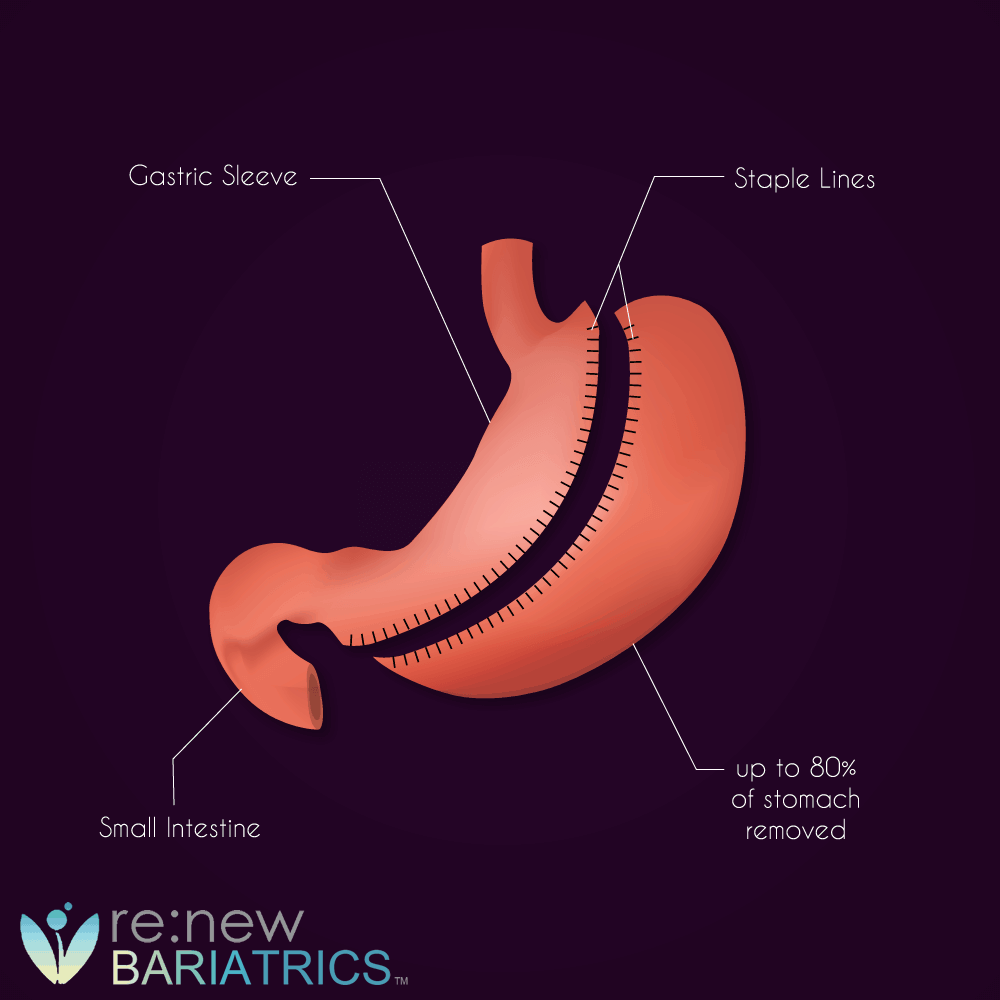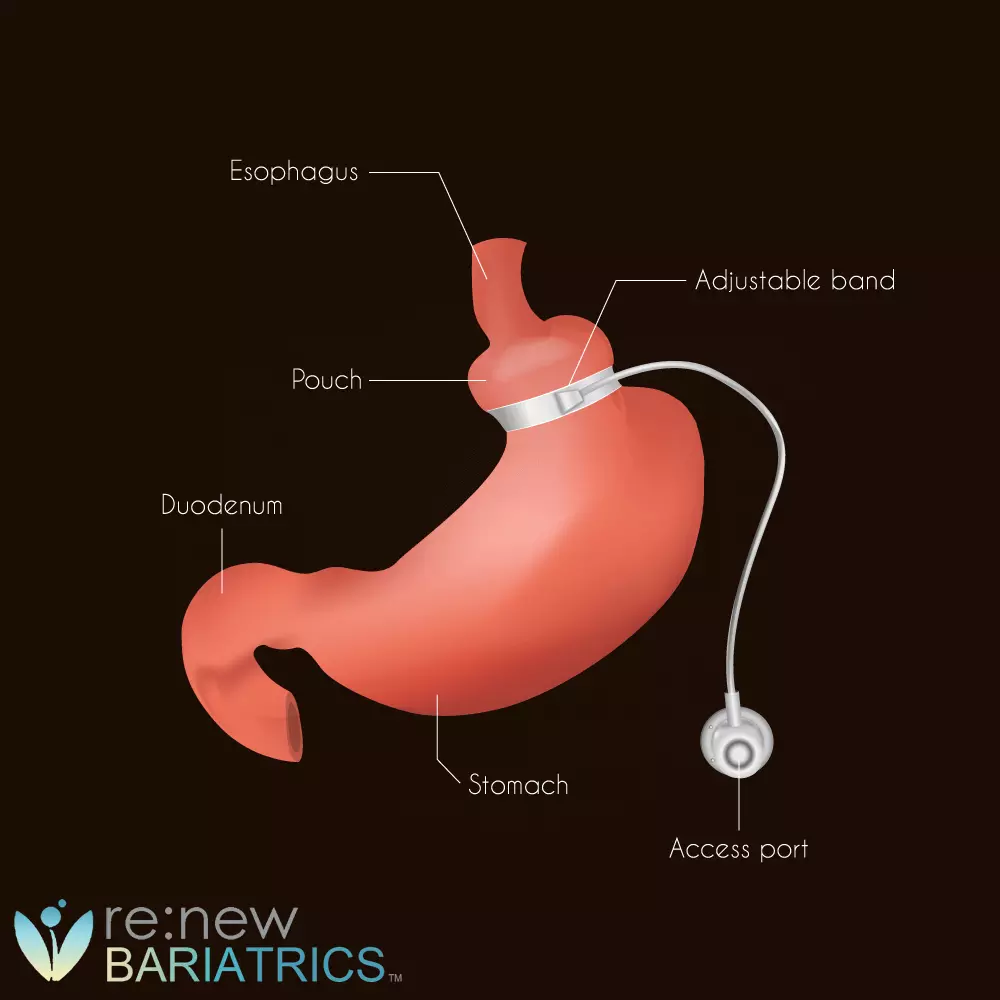Bariatric surgeries also known as weight loss surgeries have been confirmed to be the most effective treatment for achieving substantial weight loss, especially in morbidly obese people. These surgeries are either restrictive, malabsorptive or both. They alter the size of the stomach to reduce food intake and also minimize the length of the small intestine that is available for absorption of nutrients.
Also, bariatric surgery offers the highest level of improvement or even resolution of comorbid conditions such as diabetes, hypertension, sleep apnea, osteoarthritis, dyslipidemia, etc. it is therefore not surprising that the number of weight loss surgeries performed has increased in the last few years.
Definition of Success
Nevertheless, some patients may fail to lose weight as expected after undergoing weight loss surgery. Although there is no precise definition for a failed bariatric surgery, most scholars use small weight loss or regaining of a lost weight and lack of improvement in comorbid conditions to describe a failed weight loss procedure. A common parameter used by most surgeons is loss of less than 50% of the excess weight.
Many factors are responsible for the failure of bariatric surgery. These include the type of procedure, the pre-operative weight or BMI, the competency of the surgeon, the level of adherence to the post-surgery diet and exercise plan. All these factors working together make it difficult to correctly pinpoint the cause of failure of weight loss in a particular patient.
Emphasis is often placed on the importance of diet and exercise after bariatric surgery. Patients’ compliance with dietary and exercise plans often differs. While this may not contributes significantly to failure in class I or II obese patients (BMI: 30-39), it may become a major factor for failure in the morbidly and super obese people.
Success and Failure Rates of Procedures
Gastric Bypass
The roux-en-y-gastric bypass is a procedure that causes weight loss by both restrictions of calorie and malabsorption of nutrients. It is one of the most effective bariatric surgeries and even preferred for obese patients with heartburn as they usually got better after the procedure.
is a procedure that causes weight loss by both restrictions of calorie and malabsorption of nutrients. It is one of the most effective bariatric surgeries and even preferred for obese patients with heartburn as they usually got better after the procedure.
The average expected weight loss is about 70% with reversal of comorbid conditions. The mortality rate has been reported to be about 0.1% with complication rate average of 5% and failure rate of about 10-15%.
Gastric Sleeve
 Gastric sleeve surgery is a restrictive bariatric procedure that was performed as the first step in the duodenal switch before becoming a stand-alone system. Its effectiveness regarding weight loss and improvement of comorbid conditions is very close to that of gastric bypass and also less complicated.
Gastric sleeve surgery is a restrictive bariatric procedure that was performed as the first step in the duodenal switch before becoming a stand-alone system. Its effectiveness regarding weight loss and improvement of comorbid conditions is very close to that of gastric bypass and also less complicated.
The weight loss average is about 59% and a negligible mortality rate. The long-term failure rate as evidenced by loss of less than 50% of the excess weight can be as high as 30% but typically less than 15%.
Gastric Banding
 Gastric banding is another restrictive weight loss surgery that is preferred by some obese people due to its reversibility and preservation of digestive tract anatomy. It is, however, less effective regarding weight loss and reversal of disease conditions when compared to gastric bypass and gastric sleeve surgeries.
Gastric banding is another restrictive weight loss surgery that is preferred by some obese people due to its reversibility and preservation of digestive tract anatomy. It is, however, less effective regarding weight loss and reversal of disease conditions when compared to gastric bypass and gastric sleeve surgeries.
The average percentage excess weight loss is about 49%. It has high reoperation rates from either failure to lose weight (failure rate of> 50%) or band complications.
Duodenal Switch
Duodenal switch is a weight loss surgery that has both restrictive and malabsorptive components. It is often reserved for super obese individuals and as a bariatric surgery of last resort following the failure of other procedures. The expected weight loss is the highest among all weight loss surgeries that are currently being performed. The failure rate is about 5%.
is a weight loss surgery that has both restrictive and malabsorptive components. It is often reserved for super obese individuals and as a bariatric surgery of last resort following the failure of other procedures. The expected weight loss is the highest among all weight loss surgeries that are currently being performed. The failure rate is about 5%.
How to Avoid Failure
Many factors may be responsible for this high incidence of failure. You can, however, reduce failure rate by choosing the best surgeon, the procedure that is best for you, and adhering to the post-operative diet and exercise.
Bariatric surgery failure rate ranges between 5% to more than 50% depending on the procedure. Likewise, the success rates will vary from 95% to 50% depending on the procedure.


